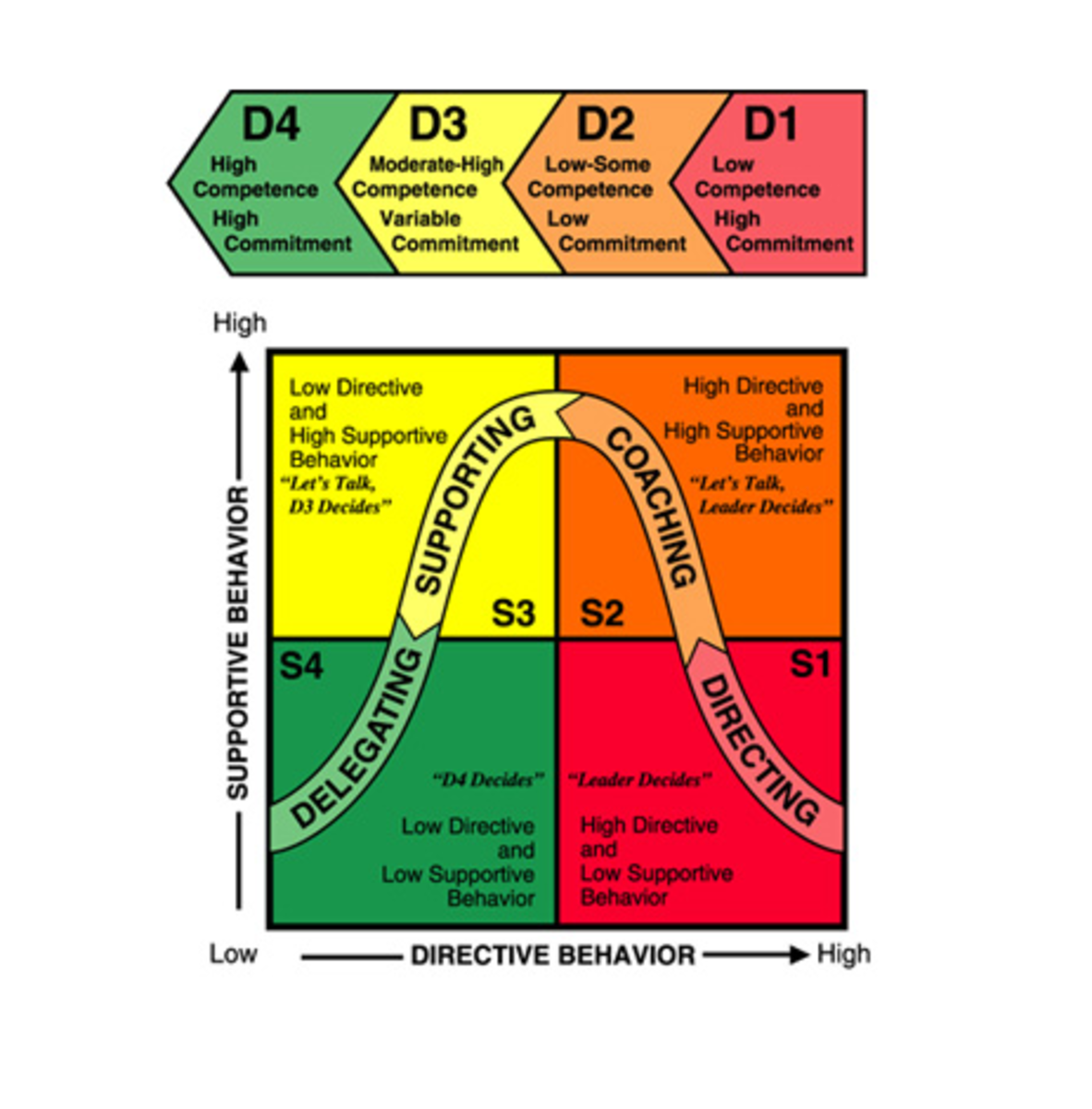Why You Shouldn't Arouse Expectations in Your Audience
The Value of Suspense
The renowned Spanish Jesuit thinker Baltasar Gracian states, "Don't arouse expectations from the start. Everything initially highly praised is commonly discredited when it subsequently fails to live up to expectation. Reality can never match our expectations, because it's easy to imagine perfection, and very difficult to achieve it."
What this means for us is that there exists great professional value in keeping your fantasies to yourself until, through diligent action, they come to fruition. And, that it is more wise to quietly build your project than to hastily announce it from the rooftops before its execution.
When we "talk up" our projects, we are planting mental seeds in the minds of our audience. We are building word-fantasies in their imaginations, and these seeds will grow in the direction that they must given our way of telling. The more savvy we are at persuading our audience, the more expectations we are building. And, in building these expectations, we are setting ourselves up to battle against their perceptions of how they thought the project would be when it doesn't match their idea of how it should be.
The wise approach, according to Gracian, is to keep your matters to yourself or to refrain from planting bold seeds in your audiences' mind, until you are certain that what you are bringing forth will match the imagined experience that will exist in their imagination. What this reminds me of is that the stories we tell ourselves are absolutely consequential (as we have discussed in other articles).
Wisely go about your work, and focus more on the achievement of your goals, not the boasting of something that doesn't yet exist. The closer your project matches the imagined ideal of your audience, the more they will value and appreciate your project. The more trust you will build.
Mind the Weeds of Your Boastful Tendencies

"Imagination weds desire and then conceives things far greater than they actually are."
— Baltasar GracianThe Lure of Imagination
Recently I embarked on a new project. I imagined myself stepping into the role of this project. I used the power of my thought to shape a visualization of the project. I then communicated the project to my wife and to my friends. Interested in my ideas, they gave their positive affirmations. I took concrete steps to make this new reality happen. The world greeted me back and the project came to life. However, when I reviewed my work and compared it with the expectations I had built up in myself, and how I had communicated the idea to my stakeholders, I found myself severely at odds with the project. Honestly, I felt that abandoning it was the best path forward. That decision came after careful contemplation of the reality that I had helped bring to life. Sometimes, we are led down the path of our own faulty imaginings, and our world-words build forth the arousal of a future that could be. And, until that future becomes reality, we never really know what we are getting ourselves into.
As Gracian says elsewhere, "Hope is a great falsifier of truth." This is not to say that we shouldn't hope for better ways to meld ourselves with reality, but that hope is not the same as reality. They are actually completely different. Hope only exists in your mind. Reality is what happens when your hope is tested against the unpredictability of the world. This is another reason why not arousing expectations in your audience will allow you to carefully bring your hopes toward reality and test them against that reality.
The Fyre Festival Debacle
How Fyre Deceived the World
In the above-linked documentary, we follow the origins and execution of a cursed music festival. The organizer, Billy McFarland, is a mastermind of deception and persuasion. His ability to arouse unrealistic expectations in the minds of a vast number of people is impressive. That said, the consequences of his actions led him to prison (where is still currently serving time). The message for our purposes is that it really does make a difference how we talk about our projects and the work we do to ensure that how we talk about them is not "defrauding" our investors and our stakeholders.
In McFarland's case, he built a grand narrative of an epic music festival in the Bahamas only to fail in the execution of his plans. Not only that, he refused to face reality and how reality was exposing the consequences of his ill-prepared imaginings. Never forget that reality will always be your judge. It doesn't matter how much you feed the social media narrative of how you want a project to unfold. Reality will always find its way to expose the deception of unrealistic expectations.
"Things turn out better when the reality exceeds our initial idea and is greater than we anticipated."
— Baltasar GracianMake Constructive Reality Your Goal
Your goal should be to ensure that your projects are greater than the expectation. You can do this by focusing your efforts on constructive actions that help craft your project and work toward building it toward its ideal state. This is no easy feat. It involves you being a masterful storyteller of your own life, and especially in how you communicate with yourself about the project. At this point, you don't even need to arouse any kind of expectation with your audience. Instead, communicate clearly and competently with our own mind. Bring to your mind a voice that is smarter than the "you" that is undertaking the project. Only in this way will you be able to construct the project in a way that exceeds your own expectations.
It's almost as if the Dali Lama's "Be the change you want to see in the world" is also a call for you to tell yourself better (more productive) stories that lead your own projects to the state of perfection that you desire. Only when your projects accomplish this state of inner satisfaction will you truly know that you've "done your best." However, if your "best" is measured against the values of your audience, especially when you've raised their level of arousal, you are tempting a great disappointment. And yes, we can learn from failure, but the better we can learn from the lessons of those who are wiser than us (and incorporate that wise voice into our self) the better we will become at succeeding in our endeavors.
When Aiming for the Mountains, Keep Your Feet on the Ground

Though the Outcome is Never Guaranteed...
Though the outcome is never guaranteed, here are some concrete steps (given Gracian's perspective on the matter) that we can take to practice a better way to communicate our projects:
- Talk less, work more toward your goal. In doing so, you're giving your imagination a chance to wed with reality.
- Reality and desire are not the same things. Never confuse the two.
- Hone your imagination to work for you, not to plant unrealistic seeds in your audience. They will remember the consequences, not the intention.
- The proof of success is always in the consequences.
- Disillusionment is a result of an imagination that has been allowed to run wild.
- Positive outcomes are never guaranteed, no matter what. The best we can do is test our theories against reality and learn from what we receive, and continue to interpret (to "story") ourselves in ways that lead us to where we need to go.
- Make a successful melding with reality the true goal of your efforts.
- The results of your efforts will come to pass in how you tell yourself the story of their past, their present, and their future.
- Now, what needs to be done?








